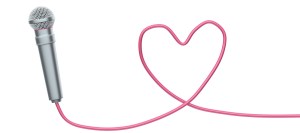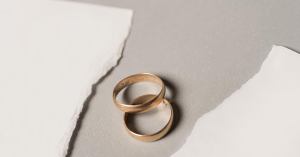Since Americans began receiving their stimulus checks in mid-April, they have been using the extra cash for necessities like food and rent, according to research from economists published Friday. The Economic Impact Payments were part of the $2.2 trillion CARES Act signed into law in late March, and included $1,200 for individual taxpayers with an adjusted gross income under $75,000 and couples making less than $150,000. The payments also include $500 per dependent under 17.
Considering the amount in each stimulus check, economists from Columbia University, Northwestern University, the University of Chicago and the University of Southern Denmark told MarketWatch they “might have” expected many to use the money on cars or other home furnishings. “Instead, it seems that individuals are catching up with rent and bill payments as well as engaging in spending on food, personal care, and nondurables,” they said. Their findings were based on a survey of 1,600 people who received their stimulus check by April 21.
Videos by PopCulture.com
The study found that within the first three days of receiving the payment, respondents’ spending increased $50 to $75 on food and non-durable goods like laundry detergent and other items with short life spans. They also $20 more on goods with longer life spans, like appliance and furniture. Within 10 days of receiving their checks, the respondents had spent between one quarter to one third of the payment.
If people had under $500 in their bank account, they spend at least half of the stimulus payment within 10 days. Those with over $3,000 in their accounts did not spend any more than they usually would for the most part. Anyone making less than $1,000 a month was twice as likely to spend money after getting the check, compared to those making at least $5,000. This was similar to Americans’ spending behavior after receiving stimulus checks in 2001 and 2008. In both those cases, households experiencing drops in earnings were more likely to spend the stimulus check money than those that did not.
It is understandable that Americans would rather use their payments to help feed their families before considering using them on larger products. On Thursday, the Labor Department announced 2.981 million more Americans filed for unemployment insurance last week, reports CNBC. Since the coronavirus economic crisis began, more than 36 million Americans have filed for unemployment benefits, and the numbers are expected to continue to get worse during the summer.
There are proposals in Washington that include a second stimulus check to Americans, but nothing has been signed into law yet. On Friday night, the House of Representatives passed a $3 trillion relief package that includes a second $1,200 payment, and up to $6,000 per household. However, the bill is unlikely to pass the Senate.








